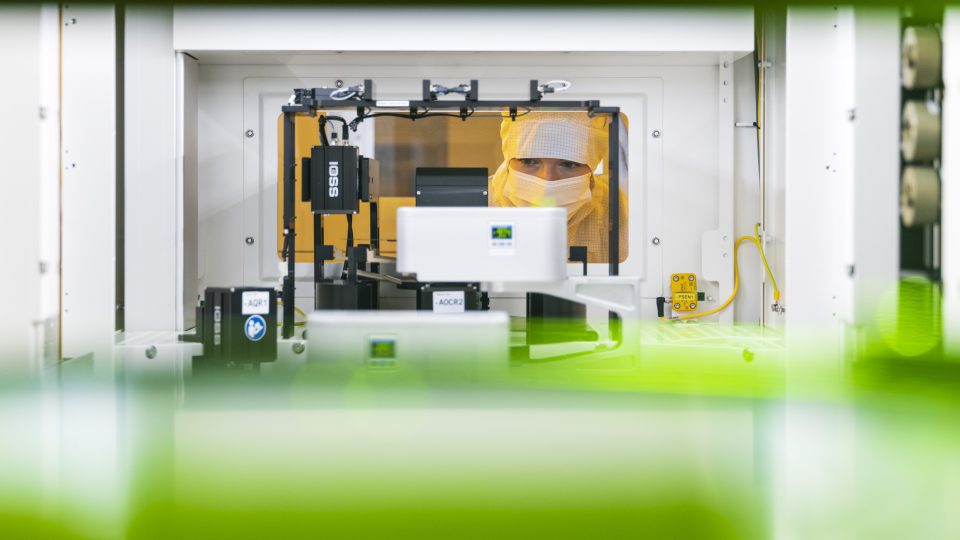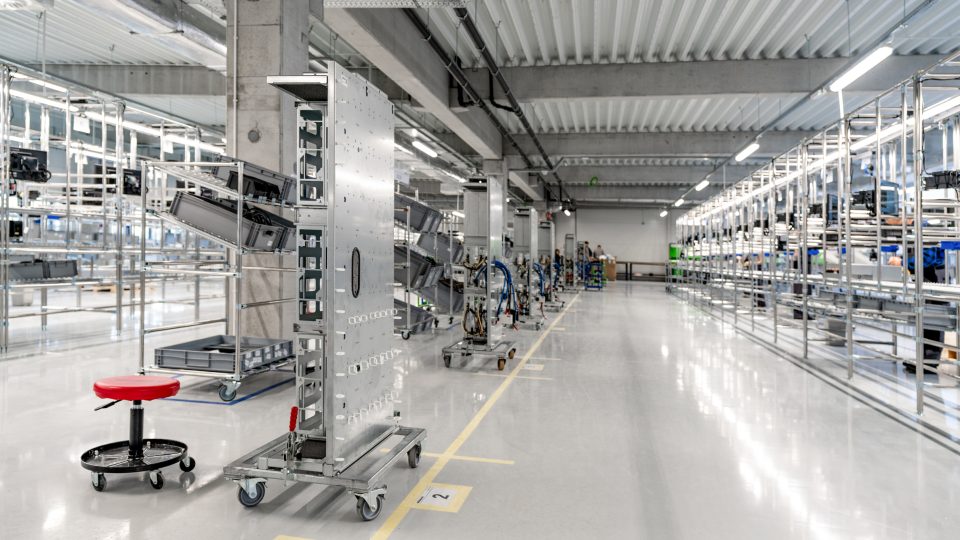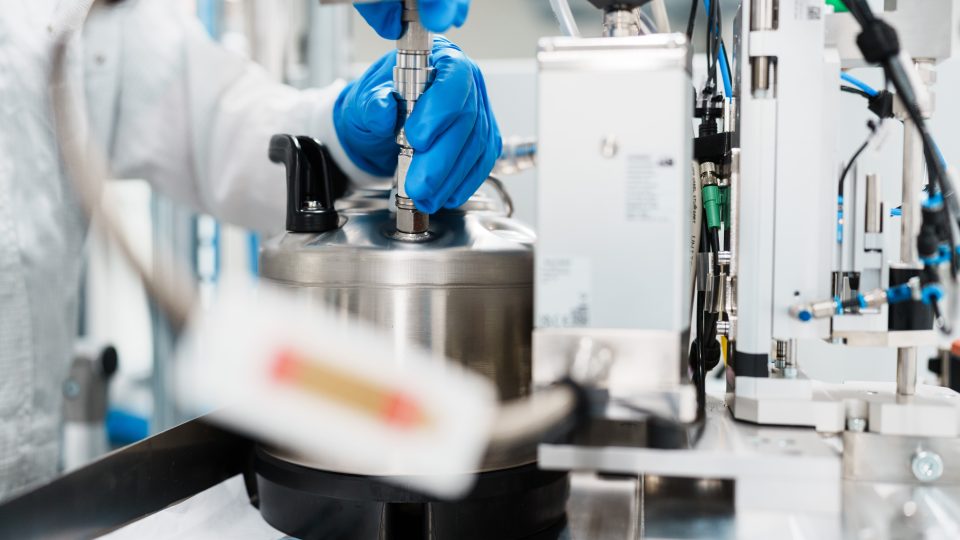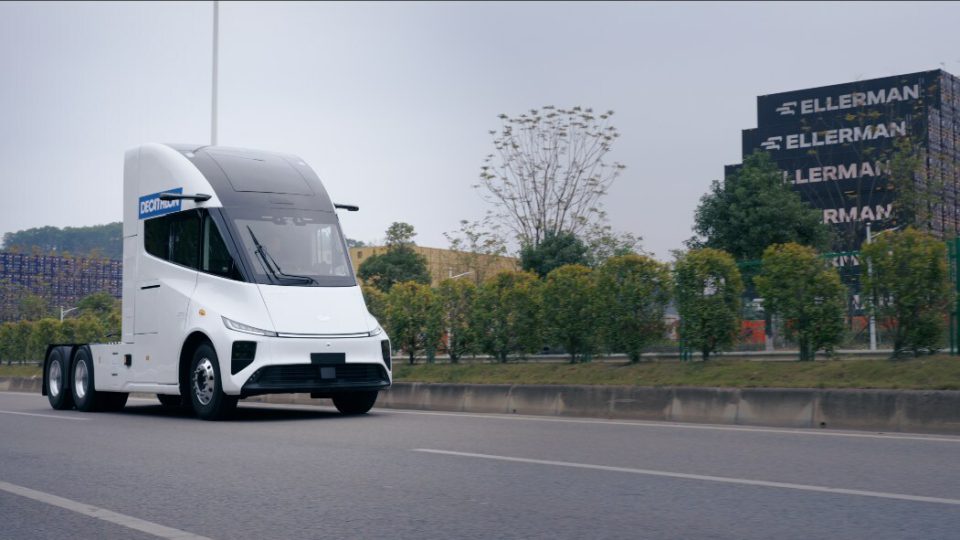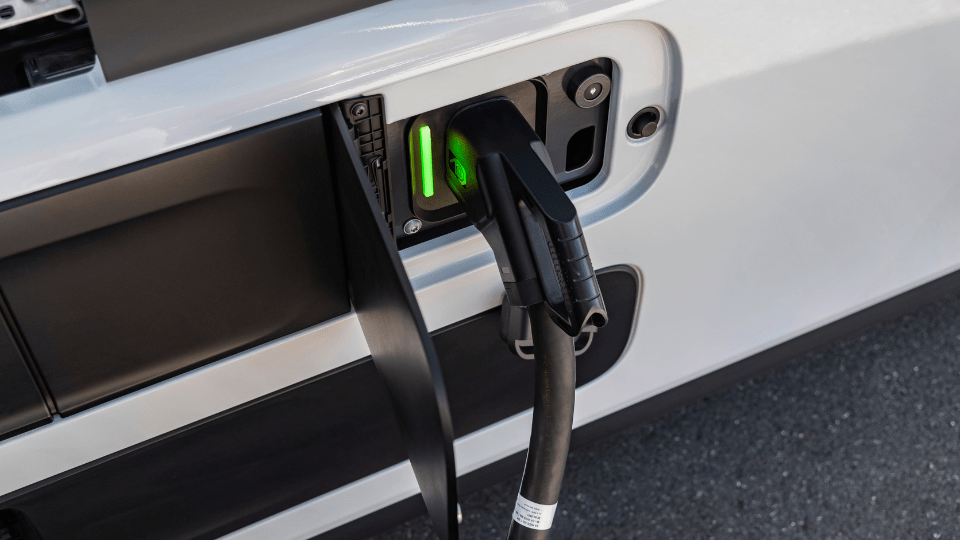The EU Commission trying to face the issue of semiconductor shortage: is Chips Act the answer?
According to the EU Commission, the EU Chips Act «will bring about a thriving semiconductor sector from research to production and a resilient supply chain. It will mobilise more than €43 billion euros of public and private investments and set measures to prevent, prepare, anticipate and swiftly respond to any future supply chains disruption».
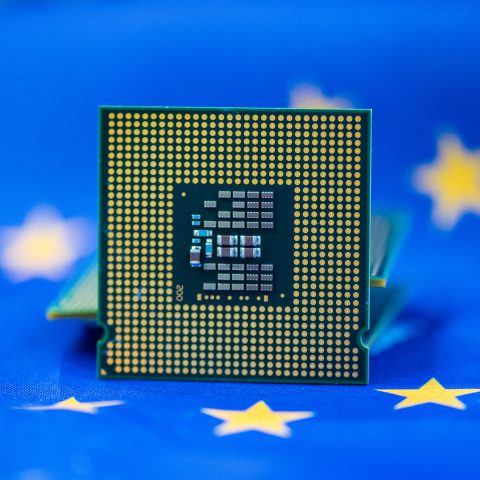
The EU Commission has recently proposed the so-called Chips Act, with the aim of trying to face the issues of semiconductor shortage and digital sovereignty. The ultimate target is to develop an ecosystem that may allow European nations not to rely on Far Eastern countries as for hey industrial component, especially regarding e-mobility. As a matter of fact, as the EU Commission wrote in its official release, «in the car sector, for example, production in some Member States decreased by one third in 2021».
The European Chips Act will be a game changer for the global competitiveness of Europe’s single market. In the short term, it will increase our resilience to future crises, by enabling us to anticipate and avoid supply chain disruptions. And in the mid-term, it will help make Europe an industrial leader in this strategic branch. With the European Chips Act, we are putting out the investments and the strategy.
Commission President Ursula von der Leyen
What the EU Chips Act is expected to bring along
According to the EU Commission, the EU Chips Act «will bring about a thriving semiconductor sector from research to production and a resilient supply chain. It will mobilise more than €43 billion euros of public and private investments and set measures to prevent, prepare, anticipate and swiftly respond to any future supply chains disruption, together with Member States and our international partners. It will enable the EU to reach its ambition to double its current market share to 20% in 2030».
In the scenario outlines by the official proposal, the Chips Act would be made of some pillars. The Chips for Europe Initiative will pool resources from the Union, Member States and third countries associated with the existing Union programmes, as well as the private sector, through the enhanced “Chips Joint Undertaking” resulting from the strategic reorientation of the existing Key Digital Technologies Joint Undertaking.
Vestager: «We must do more together»
In addition, a Chips Fund will facilitate access to finance for start-ups to help them mature their innovations and attract investors. It will also include a dedicated semiconductor equity investment facility under InvestEU to support scale-ups and SMEs to ease their market expansion. Finally, a coordination mechanism between the Member States and the Commission will monitor the semiconductor value chain by gathering key intelligence from companies to map primary weaknesses and bottlenecks. It will draw together common crisis assessment and coordinate actions to be taken from a new emergency toolbox.
Potrebbe interessarti
Semiconductor shortage? Bosch to invest over 400 million euros in production sites
«Chips are necessary for the green and digital transition – and for the competitiveness of European industry», commented Margrethe Vestager, Executive Vice-President for a Europe Fit for the Digital Age. «We should not rely on one country or one company to ensure safety of supply. We must do more together – in research, innovation, design, production facilities – to ensure that Europe will be stronger as a key actor in the global value chain. It will also benefit our international partners. We will work with them to avoid future supply issues».




